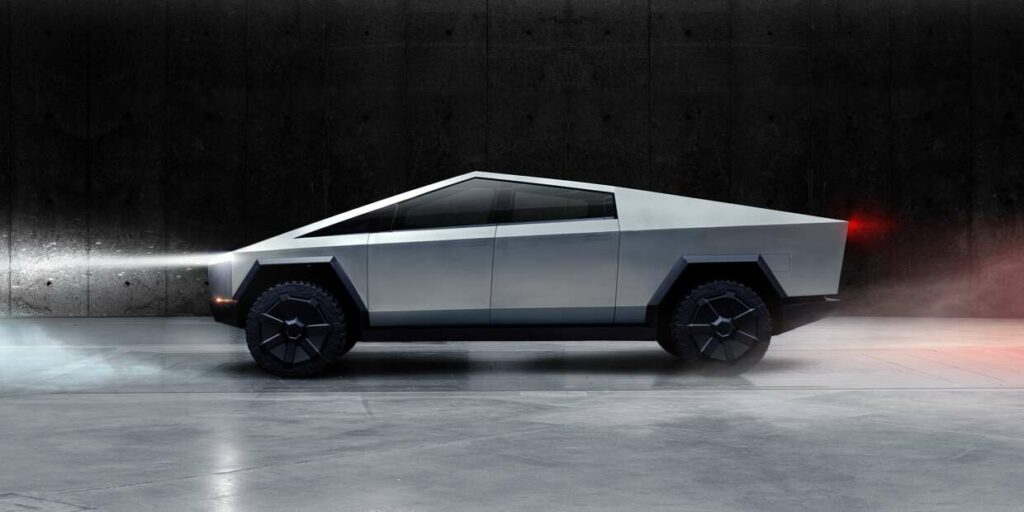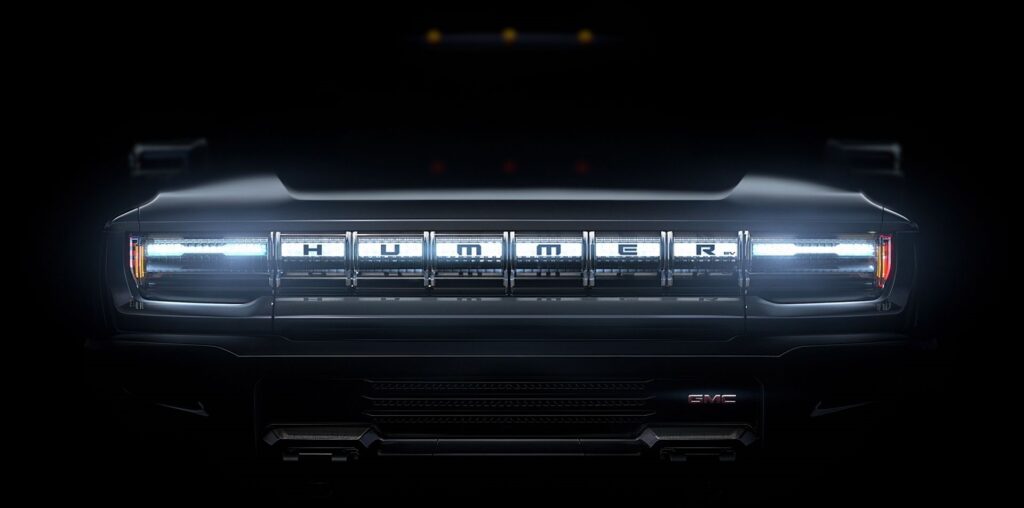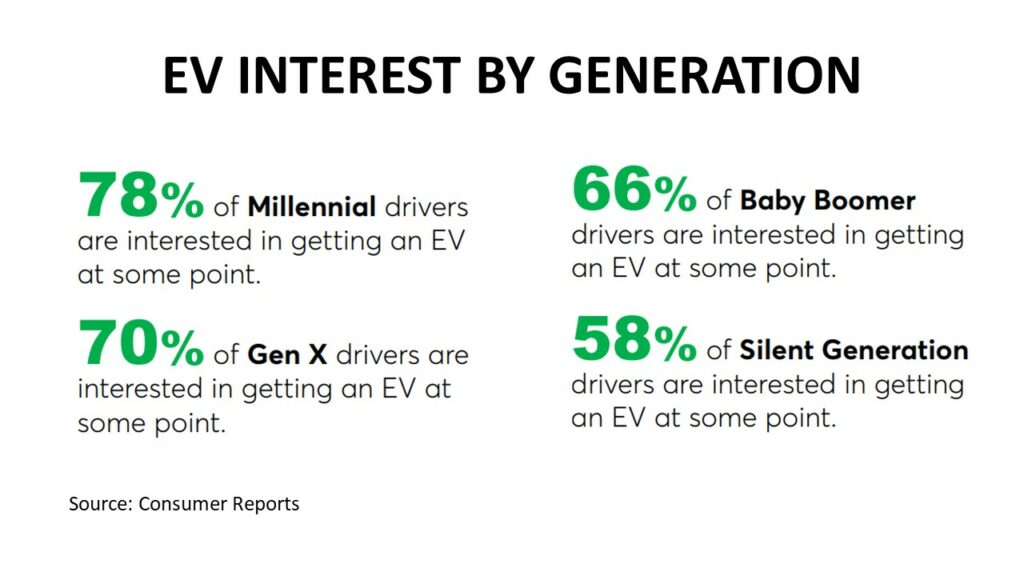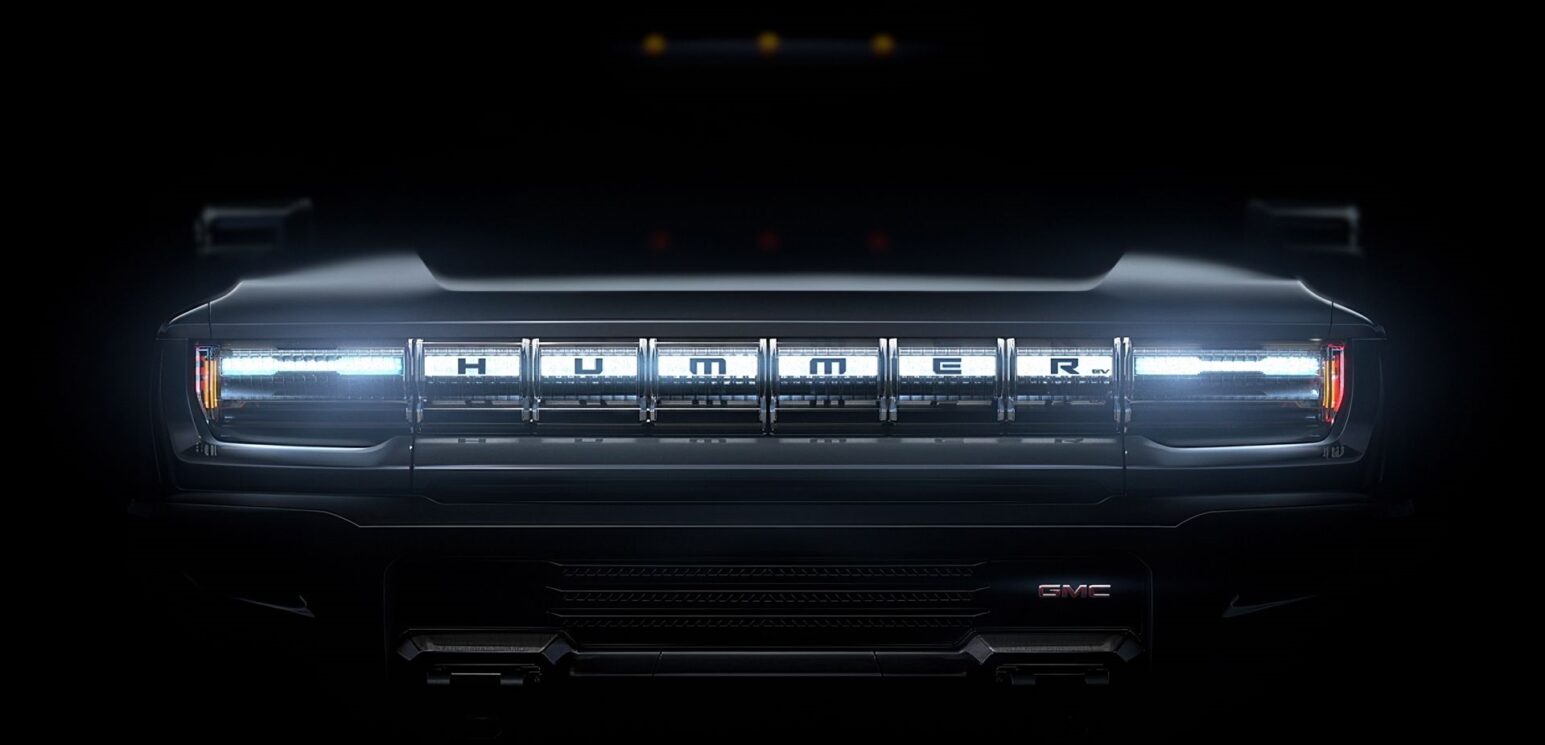This past spring, I was in the market to buy new lawn equipment. I did what most consumers do, and I researched online and found several stores were selling electric lawn equipment.
This prompt me to visit my local Walmart (WMT), Lowes (LOW), and Home Depot (HD) to see the product firsthand. During my visit to the stores, I found all three stores have more shelf space for cordless electric lawn equipment. For example, cordless electric lawnmowers, weed eaters, and tree trimmers dominated the space instead of traditional gas operating lawn products.
Is It My Time to Switch?
Once I located the weed eater and lawnmower that I wanted to purchase, I loaded them on my cart. As I checked out, an older couple asked me, “Do those electric products work well?” I simply responded with, “I don’t know yet. I hope so!” and we all chuckled. Now, I can say that the products work just as well, if not better, than my gas lawn equipment. Aside from the products being eco-friendly, another bonus is eliminating strong gasoline smells and spills in my garage.
I found the electric lawn equipment shift in the stores a bit eye-opening and intriguing. As a result, a little more research about other consumer goods shifting from gasoline to electric. The most apparent and emerging market for electric is the electric-powered automotive industry
The Most Popular Shift: EVs
Tesla (TSLA) is one of the best-known electric vehicles (EVs) based in the U.S.
Since 2003, the company has continued developing and promoting innovative technology, modern designs, and high-performance electric vehicles. Elon Musk and the company have had a firm lead in the EV market since selling its first electric sports car in 2008. The company has continued to expand its product line and, in 2019, unveiled the Cybertruck. As of July 2021, over 1 million preorders were expected to be delivered by late 2021 or early 2022.

Source: Tesla.com
Spark Up The Business
Have you seen any automaker’s television commercials or social media ads, lately? If yes, then you know that automakers are increasing their line of electric vehicles. One key sign that electric vehicles are going mainstream in the U.S. is an advertisement at major sporting events. General Motors (GM) featured two upcoming EVs (Cadillac and Hummer) in the 2021 Super Bowl. The Cadillac Lyric and GMC Hummer EV are set to arrive in late 2022.

Source: GMC.com
Subsequently, more and more automakers are expanding into the EV space. Honda launched its first-ever EV in 2020. Nissan Ariya, the companies first electric SUV, will land in U.S. showrooms in 2022. Toyota plans to release the Beyond Zero EVs in 2022. The #1 Japanese automaker announced the release of 15 new Toyota EVs by 2025.
EV Profits and Environmental Awareness
The visionaries in the auto industry recognize that the time is now to establish flagship electric vehicles and identify trends that will translate to company profits. Automakers are also shifting to electric vehicles to minimize their carbon footprint.
For instance, General Motors is making a concerted effort to solidify future profits and help protect the environment. The company aims to produce only EVs by 2035, with 30 new plug-in models arriving by 2025, a $27 billion investment.
Ford Motor Company (F) is also making a substantial investment and embracing the electric vehicle transition. Ford was investing $22 billion in EVs and announced that 40% of its vehicles would be electrified by 2030. The company also generated excitement with the recent debut of the F-150 Lightning all-electric pickup.
In 2020, Volkswagen raised its planned investment in EV technology to $86 billion over the next five years. One factor for Volkswagens significant investment is due to California’s plan to ban the sale of new gasoline-powered cars and trucks from 2035. California accounts for 11 percent of U.S. car sales. New York’s legislature passed a directive that would ensure 100 percent of new car sales are electric by 2035 and trucks by 2045. Only time will tell if more states will follow suit and impose similar auto restrictions.
Are Consumers Interested in EVs?
According to a Consumer Reports survey, 71 percent of the respondents said they were interested in getting an EV in the future. Generationally, Millennial and Gen X drivers are more interested in purchasing an EV than Baby Boomers and the Silent Generations. An all-electric automotive industry might be a decade or two away. Nonetheless, automakers have taken note of environmental awareness and consumer demand.

In summary, the shift from gasoline-powered consumer goods to electric will continue to grow. At this rate, it is not a matter of if businesses will make a switch from gas-operated products to electric goods; it might be a matter of when businesses make a switch to electric-powered goods.


